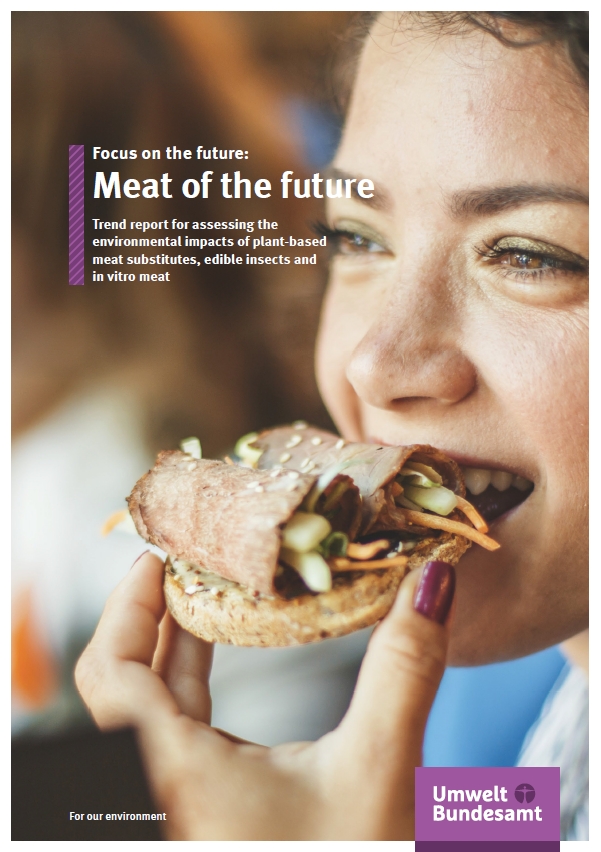Consumption levels of meat are high in Germany and increasingly become the subject of controversial public debates around environmental problems, health effects, animal welfare and the climate impact of food and diets. In this context, meat alternatives are discussed as an alternative. At the expert workshop "Meat of the Future" on 17 September in Berlin, it was discussed what role these trends and products (more specifically vegetable substitutes, insects and meat produced in-vitro) can play for sustainable diets which environmental policy options exist for shaping these trends.
The workshop was organised by Ecologic Institute and a part of the project "Trend Analysis: Meat of the Future" supported by the Federal Environment Agency and the Federal Ministry for the Environment, Nature Conservation and Nuclear Safety (BMU). The aim of the project is to determine which environmental and health effects are to be expected from the expansion of the consumption of meat substitute products, which environmental policy measures are to be taken as a result and to identify remaining research needs.
Based on the presentation of the trend analysis for meat substitute products by the iit and the assumed positive and negative effects on the environment by adelphi, relevant political starting points were formulated and further research needs were identified. These were presented by Stephanie Wunder from Ecologic Institute and commented by two input statements by Markus Keitzer (PHW Board Member for Alternative Protein Sources) and Heinrich Katz (Chairman of the Supervisory Board of Hermetia Group, that specialises in insect breeding).
In the subsequent discussion in small groups, policy approaches and research needs were prioritized and implementation steps were discussed. The participants also called for the need to shape these developments in the context of an overall food strategy and research agenda. Participants included representatives from six federal institutions, interest groups from agriculture, animal welfare, the environment and health care, start-ups and representatives from industry, as well as scientists and policy consultants from various disciplines.




